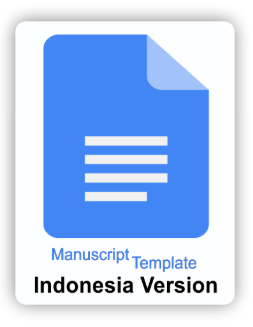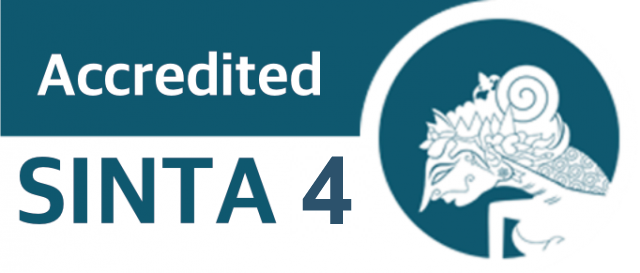Mapping the Intellectual Structure of Digital Leadership Research: A Bibliometric Analysis of Innovation and School Organizational Performance
DOI:
https://doi.org/10.21831/ep.v6i1.89187Abstract
Penelitian ini bertujuan untuk memetakan struktur intelektual kepemimpinan digital dalam kaitannya dengan inovasi dan kinerja organisasi sekolah melalui pendekatan bibliometrik. Tanpa menggunakan filter, sebanyak 4.893 dokumen berhasil dianalisis dari berbagai sumber publikasi ilmiah yang tersebar secara global. Hasil penelitian menunjukkan bahwa gaya kepemimpinan transformasional dan memberdayakan menjadi tema dominan yang berkaitan erat dengan peningkatan inovasi dan kinerja institusi pendidikan. Faktor-faktor seperti kualitas hubungan interpersonal, dukungan lingkungan kerja yang kolaboratif, serta integrasi praktik manajemen sumber daya manusia yang adaptif dan berkelanjutan turut memperkuat efektivitas kepemimpinan digital. Penelitian ini menawarkan wawasan strategis bagi pengembangan model kepemimpinan pendidikan yang relevan dengan tuntutan era digital, sekaligus mendorong terciptanya ekosistem inovatif yang lebih responsif melalui kolaborasi lintas institusi dan pemanfaatan teknologi yang kontekstual.
The development of digital technology has brought significant changes in various aspects of life, including the education sector. Digital transformation encourages schools to adapt to technological advances in order to remain relevant and able to meet the demands of the times. In this case, digital leadership has an important role, not only in utilizing technology, but also in creating an interactive and responsive learning environment. This study aims to explore the impact of digital leadership on school organizational performance, with a focus on increasing student engagement, collaboration between teachers, students, and parents, and teacher professional development. Through bibliometric analysis and data visualization, the findings show that leaders who are effective in adopting digital technology can improve teaching effectiveness and academic outcomes. This study provides new insights into the importance of digital leadership in an educational context, as well as recommendations for further research in the area of digital leadership in efforts to improve organizational performance.
Downloads
Published
How to Cite
Issue
Section
License
Copyright (c) 2025 Adriantoni, Riri Marfilinda, Elva Zuleni, Aan Komariah, Meriyanti, Tiara Mona Liza, Li Kunmei

This work is licensed under a Creative Commons Attribution-ShareAlike 4.0 International License.
Epistema allows readers to read, download, copy, distribute, print, search, or link to its articles' full texts and allows readers to use them for any other lawful purpose. The journal allows the author(s) to hold the copyright without restrictions. Finally, the journal allows the author(s) to retain publishing rights without restrictions
- Authors are allowed to archive their submitted articles in an open access repository
- Authors are allowed to archive the final published article in an open access repository with an acknowledgment of its initial publication in this journal

This work is licensed under a Creative Commons Attribution-ShareAlike 4.0 Generic License.











